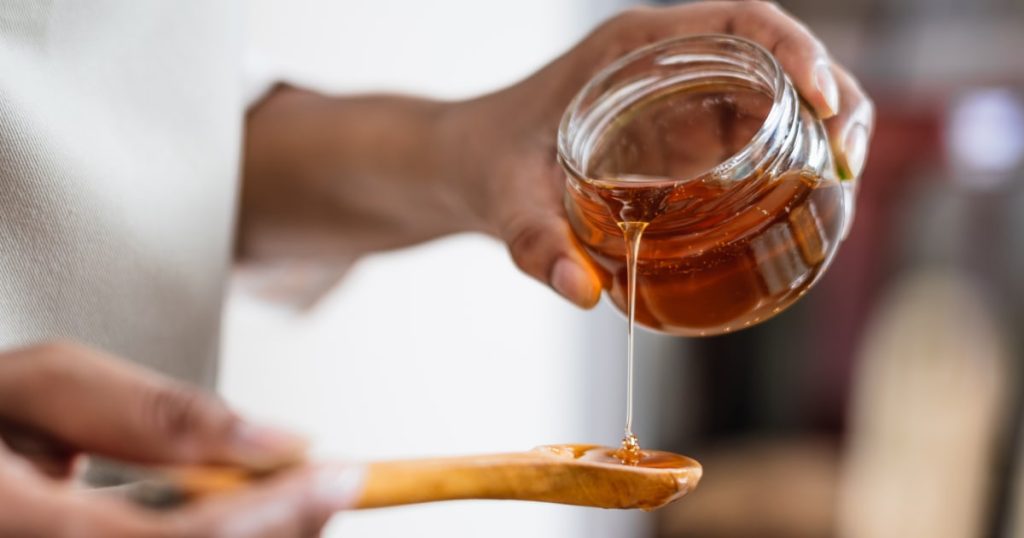Seasonal allergies are a common issue affecting many people in the United States, with symptoms like a runny nose, itchy skin, and a persistent cough. In an effort to find relief, some individuals turn to homeopathic remedies such as ingesting honey to alleviate these symptoms. However, experts in the field suggest that while honey offers other health benefits as a natural anti-inflammatory and antioxidant, it has not been scientifically proven to help with seasonal allergies. The popular belief that local honey can treat seasonal allergies is based on the theory that exposure to local pollen will reduce sensitivity to it, but this theory does not hold up in practice.
The idea that honey helps with seasonal allergies specifically revolves around ingesting raw local honey, which contains pollen from flowers. However, the pollen that bees collect is not the same as the pollen that causes seasonal allergies from wind-pollinated plants like trees, grasses, and weeds. This type of pollen is heavy and not carried by the air, making it less likely to end up in honey. While honey may not effectively treat seasonal allergies, it can provide relief for other conditions like a sore throat or cough when consumed alongside tea or on its own.
It is safe for adults and children over the age of one to consume honey, but infants younger than one should avoid honey due to the risk of infant botulism. When selecting honey for consumption, experts recommend choosing unfiltered and pure options that do not contain artificial additives or fillers. It is essential to consult a doctor for a treatment plan before the pollen season begins to alleviate symptoms effectively.
Seasonal allergies, also known as hay fever or seasonal allergic rhinitis, are triggered by pollen from trees, grasses, and weeds released into the air during specific times of the year. The timing of allergy seasons varies based on location and climate, with spring, summer, and fall typically being prevalent times for seasonal allergies. Symptoms of seasonal allergies can include itching, tearing, nasal congestion, runny nose, sneezing, hives, wheezing, shortness of breath, and a cough, often resembling those of a common cold.
Treatment options for seasonal allergies include over-the-counter nasal sprays, eye drops, decongestants, antihistamines, prescription medications, allergy shots, and immunotherapy. Allergy sufferers are advised to avoid allergens whenever possible, track pollen counts, limit outdoor exposure on high pollen days, keep windows closed, use air purifiers, shower before bed, wash bedding frequently, and wear face masks and sunglasses outside to minimize exposure to pollen. Following these recommendations, in addition to consulting with a healthcare professional for a personalized treatment plan, can help manage seasonal allergy symptoms effectively.


